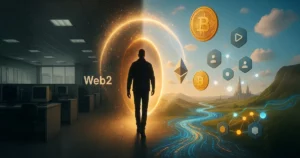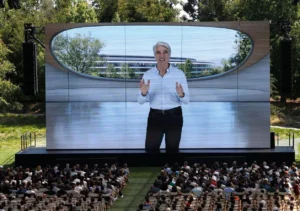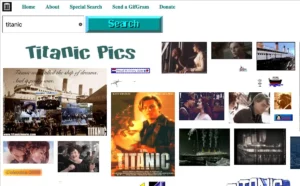
Climate Tech Needs a New Sales Strategy
Climate entrepreneurs need to decide on the optimal market strategy early on. While it can be tempting to pursue a market due to the allure of a single enthusiastic champion customer, taking a step back to conduct a broader analysis with a longer-term view is crucial. This involves understanding the customer’s needs, motivations, decision processes, and risk tolerance.
Companies will need to have a solid team of advisors to navigate regulations (e.g., EU sustainable product regulations) and technical, quality, and performance standards (e.g., ISO, IEEE). Accelerators are also adjusting their approaches to accommodate these demands.
To find the right product-market fit, founders require guidance from industry experts. Margolis and MEIA’s “Energy Executive in Residence (EEIR)” program is one example of this support. This initiative allows teams to gain a deeper understanding of their target industry and devise an effective approach to sales.
To move forward, it’s essential to revisit the basics. What would a climate tech sales playbook look like?
Some elements of the Lean Startup methodology, which emphasize agile iteration along the path to market, may not be directly applicable to deep-tech climate solutions. Each company must build its own strategy, but we can help shape their mindset and approach.
Much of the sales playbook will focus on infrastructure sold to large public and private organizations that have lengthy sales processes. In the words of Ali, “if startups are speedboats, corporations are cruise ships, and the corporations that climate startups have to sell to are freightliners.” These massive companies often lack the urgency or willingness to change quickly.
Secondly, a suite of solutions is likely necessary for the sales process, not just a single core product. Margolis emphasizes that the most successful climate tech companies will offer customers a solution set. For instance, Tesla doesn’t simply manufacture and sell electric vehicles; it provides a comprehensive solution involving the vehicle itself, charging infrastructure, and other inputs.
To succeed in the market, innovations across multiple sectors are required, not just focused on individual products. Any effective sales process must adopt a systems-thinking mindset.
Thirdly, understanding the customer inside out is vital. No one asks entrepreneurs to solve climate change as a whole; they need to focus on solving specific pain points for real customers. For example, a cement manufacturer requires a decarbonized cement solution that is cheaper and just as durable over multiple decades as their current option.
Policy incentives, voluntary frameworks, and PR can be helpful forcing functions, but cannot replace addressing genuine customer needs.
Lastly, finding the right “Goldilocks” – the customer and channel that is just right for your company to establish a sustained presence in – is crucial. To achieve this, companies must focus on profitability from day one, conduct rigorous user discovery, build a team with strong connections within their target industry, and prioritize long-term relationships over short-term gains.
Lastly, we need to be intentional about building the climate tech salesforce. As much as funding and policy are essential for addressing the climate crisis, it’s equally vital to develop the know-how required to bring these solutions into the market.
Source: www.forbes.com


